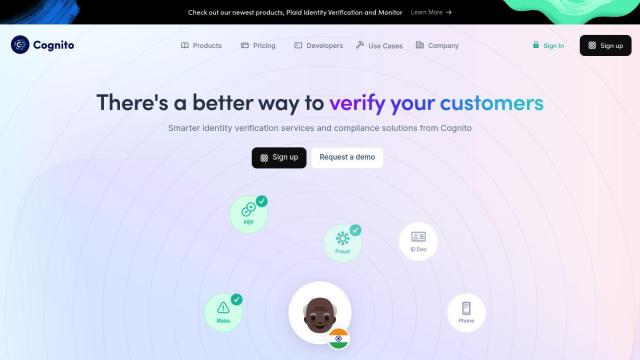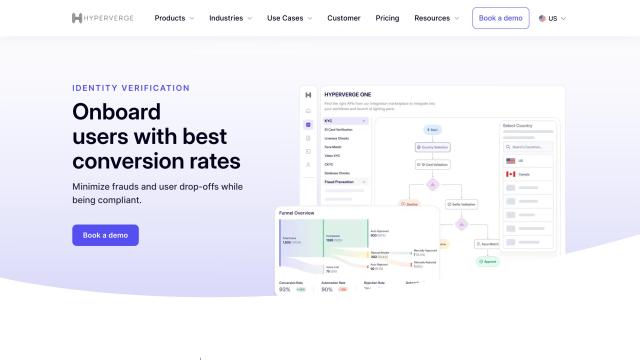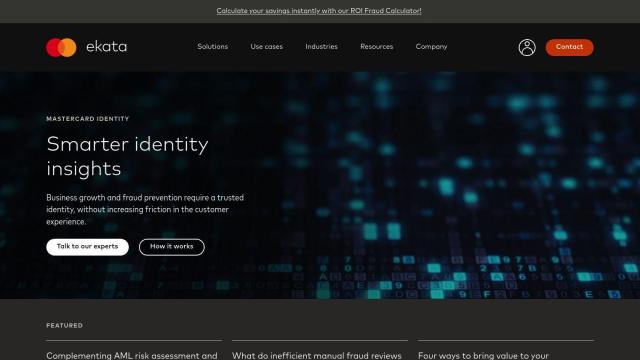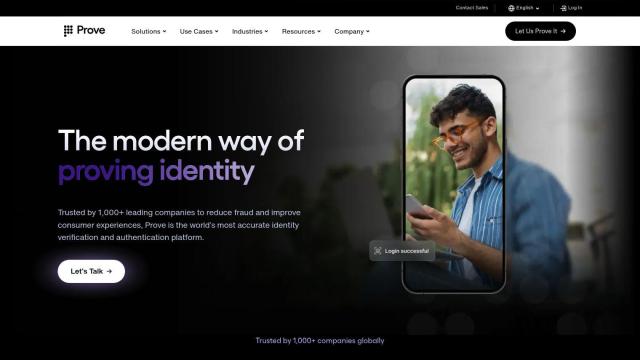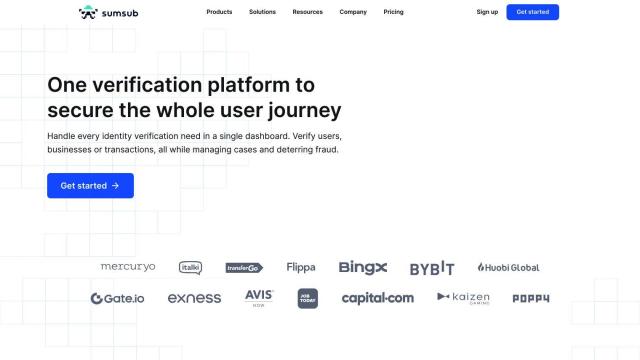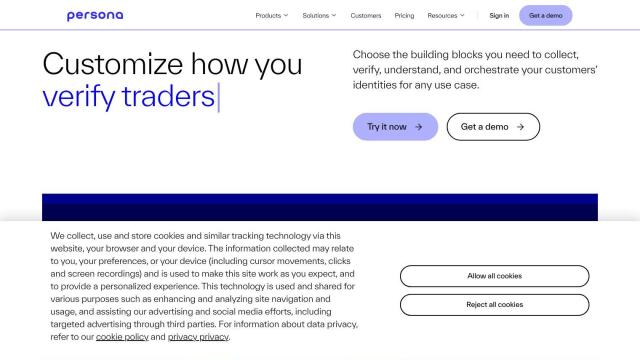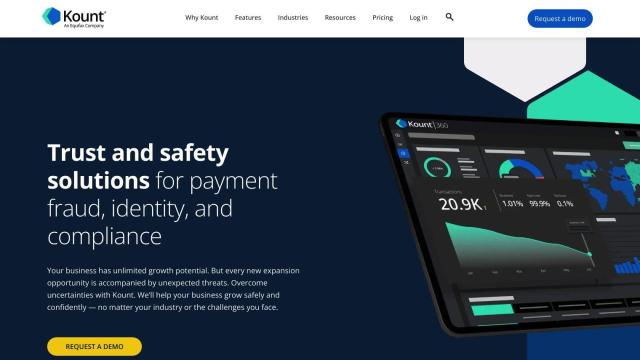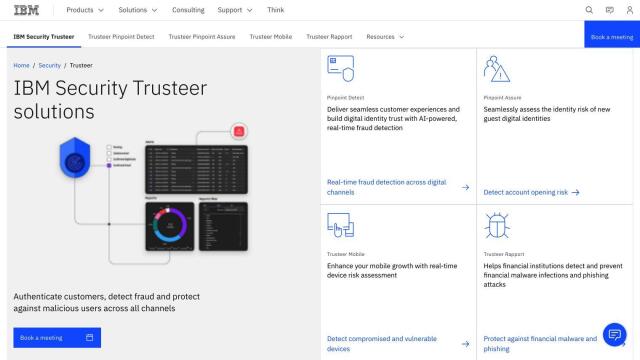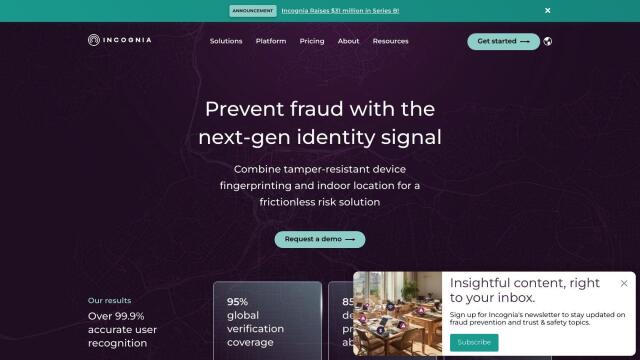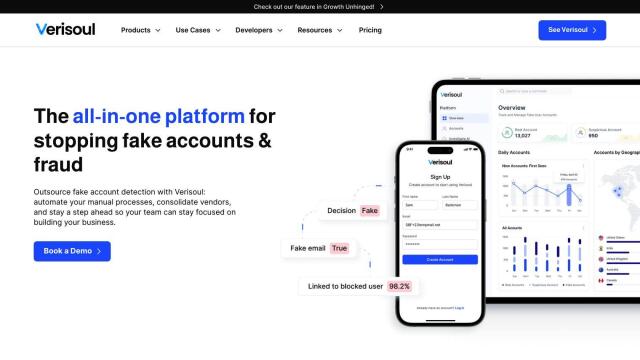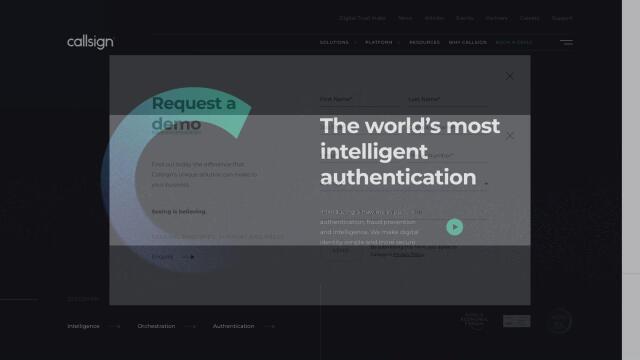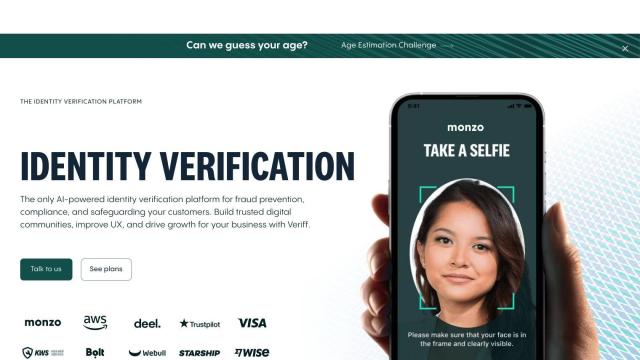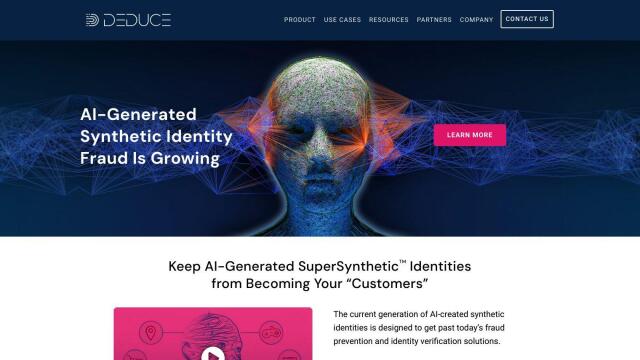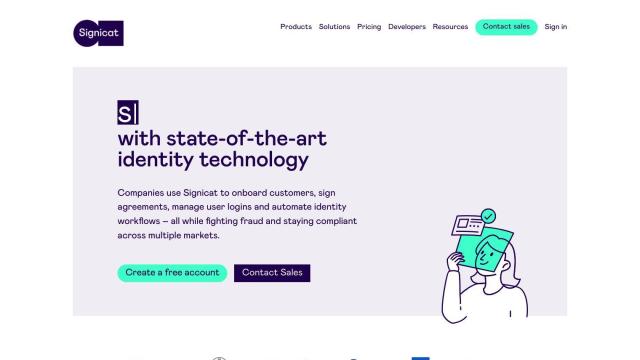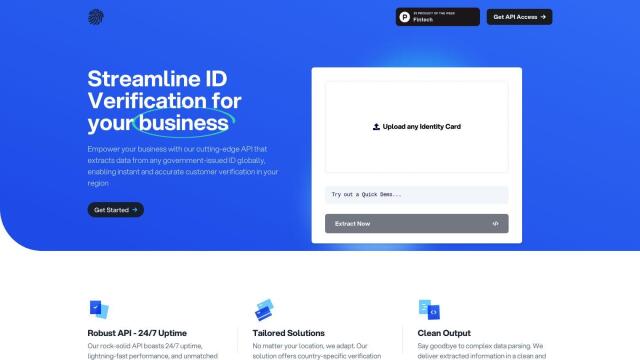
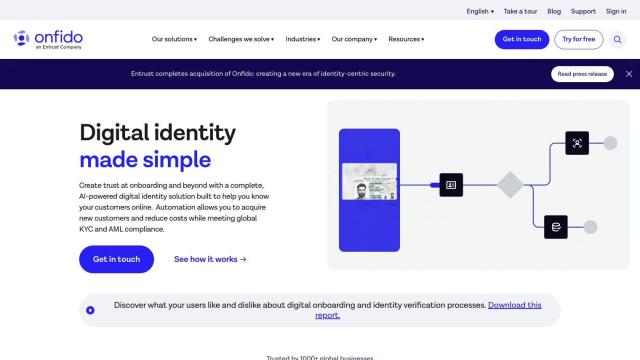
Onfido
If you're looking for another Cognito replacement, Onfido is a good contender. Its AI-powered verification technology automates customer onboarding and ensures global KYC and AML compliance. With its Smart Capture SDK, Global Verification Suite and Atlas AI for automated onboarding, it verifies documents and biometrics, and offers a Compliance Suite with pre-built solutions for Europe. That makes it a good option for companies trying to get customers up and running quickly without worrying about identity fraud risks.


Shufti Pro
Another good option is Shufti Pro, which uses AI and machine learning to verify identities quickly and accurately. It offers a variety of features, including face verification, document verification, 2-factor authentication, video KYC and full AML screening. Shufti Pro is available in more than 240 countries and supports more than 150 languages, so it's good for businesses with a global presence. Its high accuracy and broad regulatory compliance options also make it a good option for fintech and e-commerce companies.

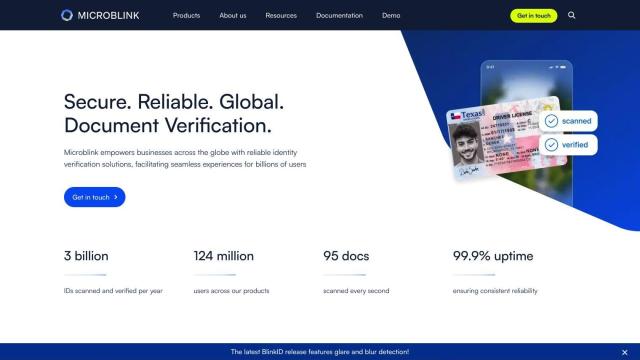
Microblink
If you need a more document-centric workflow, Microblink offers AI-based technology for identity verification. Its products, including BlinkID for real-time ID verification and BlinkCard for secure credit card scanning, support more than 2,500 identity documents from 140+ countries. The company says its technology can help companies grow faster while meeting KYC, AML and age verification requirements, which makes it a good option for banking and insurance.

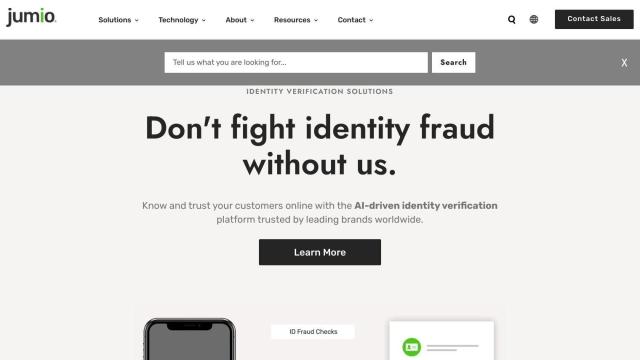
Jumio
Jumio is another option that offers AI-based identity verification technology with more advanced features like ID checks, selfie comparisons and liveness detection. It offers predictive fraud insights, real-time risk assessment and detailed risk scoring, and supports more than 5,000 ID types from 200+ countries. Jumio is designed to be easy to use, with low-friction integration options and support for regulatory requirements like KYC and AML, so it's a good option for companies in financial services, healthcare and other industries.

